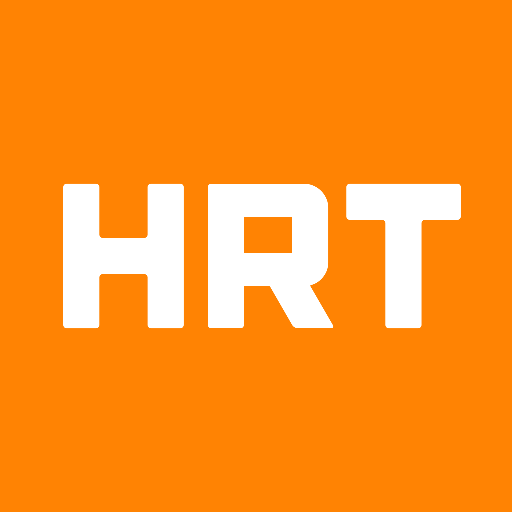
Hudson River Trading
Command Frequency
Question Metadata
- Interview Type
- technical
- Company
- Hudson River Trading
- Last Seen
- Within the last month
- Confidence Level
- High Confidence
- Access Status
- Requires purchase
Purchase access to view the full interview question
Assessment Rubric Overview: "Command Frequency"
The "Command Frequency" problem evaluates a candidate's proficiency in algorithm design, data structures, and their understanding of Unix-like command-line operations. Specifically, it tests the ability to process command sequences, including handling history expansion and recursive command execution.
Core Competencies and Skills Evaluated:
-
Algorithm Design: Ability to develop efficient algorithms that accurately process command sequences, including resolving history references and managing recursive command invocations.
-
Data Structures: Proficiency in selecting and implementing appropriate data structures, such as stacks or queues, to manage command history and facilitate quick lookups.
-
System Knowledge: Understanding of Unix command-line behavior, particularly the mechanics of command history and the implications of using history expansion syntax like
!<index>. -
Problem Decomposition: Skill in breaking down complex problems into manageable sub-problems, such as parsing commands, resolving history references, and counting command executions.
Behavioral Traits and Problem-Solving Approaches Assessed:
-
Analytical Thinking: Demonstrated ability to analyze the problem statement, identify key requirements, and develop a structured approach to solving the problem.
-
Attention to Detail: Careful consideration of edge cases, such as invalid history references or recursive command invocations, and the implementation of robust error handling.
-
Communication: Clear articulation of thought processes, including the rationale behind chosen algorithms and data structures, and the ability to explain complex concepts in an understandable manner.
Assessment Process Expectations:
Candidates can anticipate a multi-stage interview process at Hudson River Trading (HRT), which typically includes:
-
Online Assessment: A timed coding challenge focusing on algorithms and data structures, often hosted on platforms like CodeSignal or HackerRank. (glassdoor.com)
-
Phone Interviews: Technical discussions assessing problem-solving skills, coding proficiency, and system knowledge. (glassdoor.com)
-
Onsite Interviews: In-depth technical interviews evaluating coding skills, system-level understanding, and collaborative abilities. (glassdoor.com)
Preparation Recommendations:
-
Algorithm and Data Structure Mastery: Regular practice with a variety of problems, particularly those involving recursion, history tracking, and command-line operations.
-
System Knowledge: Familiarity with Unix command-line operations, including command history mechanisms and history expansion syntax.
-
Mock Interviews: Engage in mock interviews to simulate the interview environment, focusing on articulating problem-solving approaches and receiving constructive feedback.
Evaluation Criteria and Technical Concepts:
-
Correctness: Accurate implementation that meets all specified requirements and handles edge cases effectively.
-
Efficiency: Optimal use of time and space resources, with attention to algorithmic complexity.
-
Code Quality: Clean, readable, and well-documented code that adheres to industry best practices.
-
System Understanding: Demonstrated comprehension of Unix command-line behavior and history expansion mechanisms.
Hudson River Trading-Specific Expectations:
HRT values candidates who exhibit strong technical acumen, a collaborative mindset, and the ability to thrive in a fast-paced, technology-driven environment. The firm emphasizes the importance of effective communication and a methodical approach to problem-solving. As noted by a candidate, "They were very conversational/casual. All the employees I spoke with seemed pretty young and it was definitely a gauge for personality fit." (glassdoor.com)
By focusing on these areas, candidates can align their preparation with HRT's standards and increase their chances of success in the interview process.
Other verified questions from Hudson River Trading